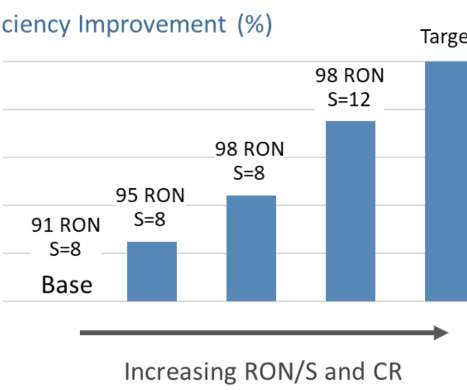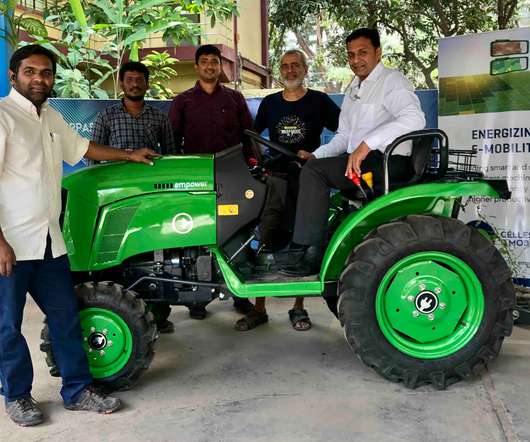ICCT-led analysis of turbocharged, downsized engine tech finds lower costs and greater benefits than 2012 EPA/NHTSA analysis; 48V, e-boost, Miller
Green Car Congress
OCTOBER 31, 2016
A new white paper published by the International Council on Clean Transportation (ICCT), in collaboration with Eaton, Ricardo, JCI, BorgWarner, Honeywell, and the ITB Group, analyzes current turbocharged, downsized gasoline engine technology developments and trends.



















Let's personalize your content